19
Apr

Nervous About Scarring? No Need With The OCC No-Touch Technique
Whether scars will exist after a procedure is one of the most common concerns about bariatric surgeries. How big will the scar be? Is it permanent? Scarring after a bariatric procedure such as gastric sleeve surgery is normal. Scars will appear because small cuts are made during...
View More19
Apr

At The Obesity Control Center, You’re Supported For Life
You know that diets don't work because you’ve tried every single one. While a whole-foods diet with the right number of calories is essential for health — and should be continued throughout your life, not just to lose weight — if you have a significant amo...
View More19
Apr

Be A True Biggest Loser With Weight Loss Surgery At Obesity Control Center
A weight loss journey is never easy. Oftentimes, people will fall into their old habits and regain the weight they worked so hard to lose. While maintaining a healthy diet and lifestyle is the first step to losing weight, there is also a deeper metabolic issue behind the inabilit...
View More19
Apr
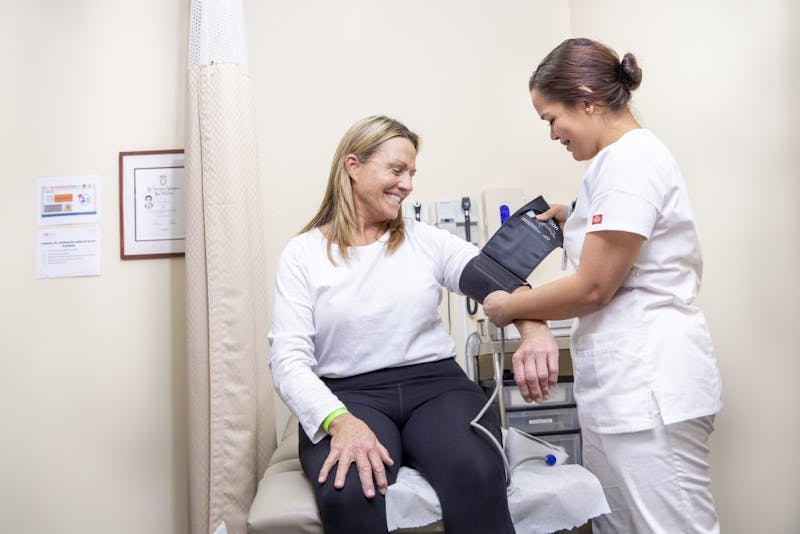
Can Bariatric Surgery Cure More Than Just Obesity?
At Obesity Control Center (OCC), we treat people of all ages and sizes. With the highest safety standards in the field and over 23,000 surgeries performed, our results are unparalleled. Combined with having the lowest complication rate on record, being innovators within the baria...
View More19
Apr
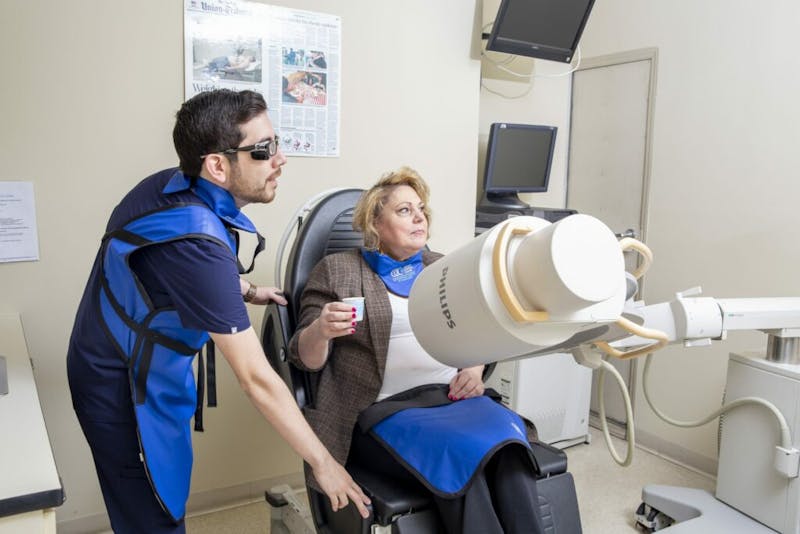
10 Myths About Gastric Surgery
While bariatric surgery is a need for some because of struggling with issues of obesity, for others, it remains an elective procedure to address metabolic diseases and provides an outlet to achieve metabolic health. But the decision to receive surgery, whether required or as an e...
View More19
Apr
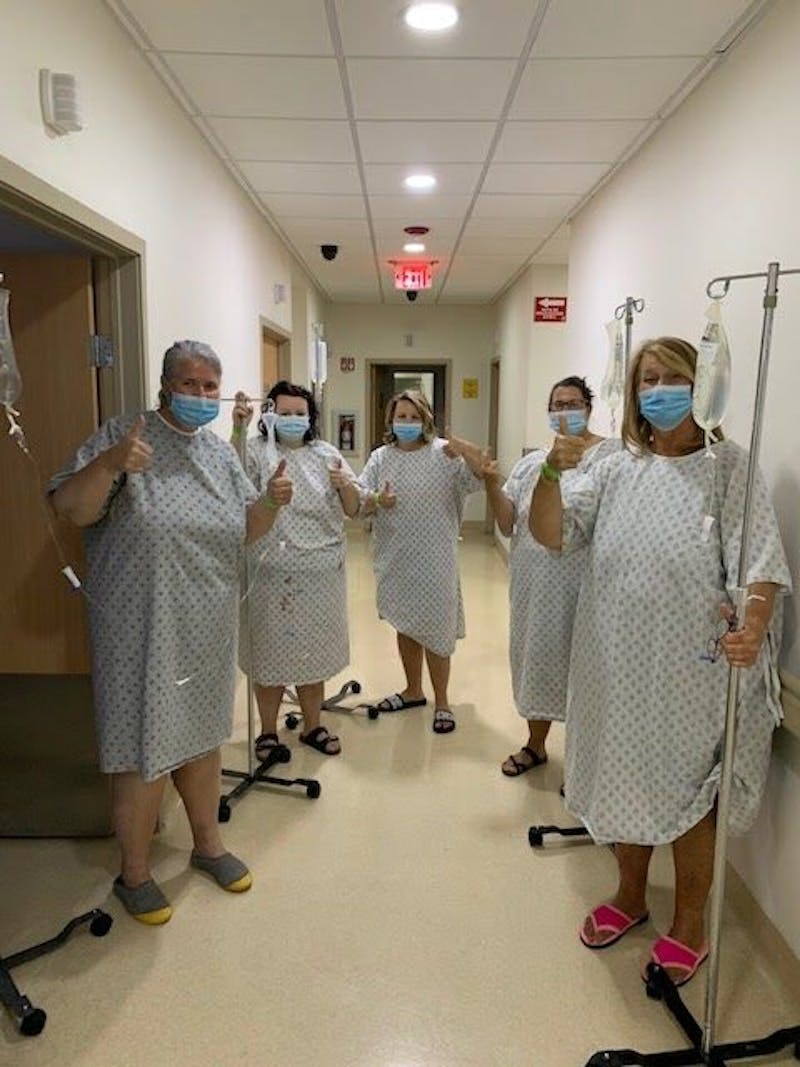
The top 5 questions of the Ketogenic Diet or Low Carb High Fat (LCHF) diet.
What is it? >The ketogenic diet (aka “keto diet”) or low carb high fat diet (LCHF) is an eating plan designed to use fat instead of carbohydrates as an energy source. Fat for energy may be sourced from food or from stored fat in your own body. First...
View More19
Apr
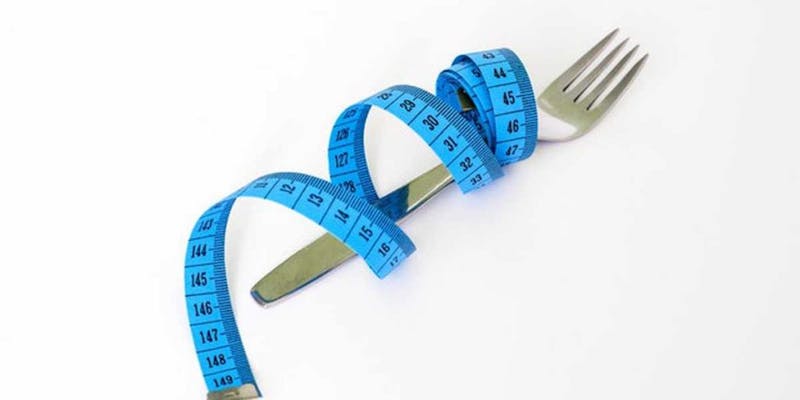
What Food to Eat After Weight Loss Surgery – FAQ on Macros & Calories
Weight Loss Surgery 0 - 3 Months Post-opAs part of your post-operative care, you will be given special dietary guidelines that you will need to follow closely during the first 6 weeks from surgery to prevent complications and for proper healing of your new stomach pouch. Aft...
View More19
Apr
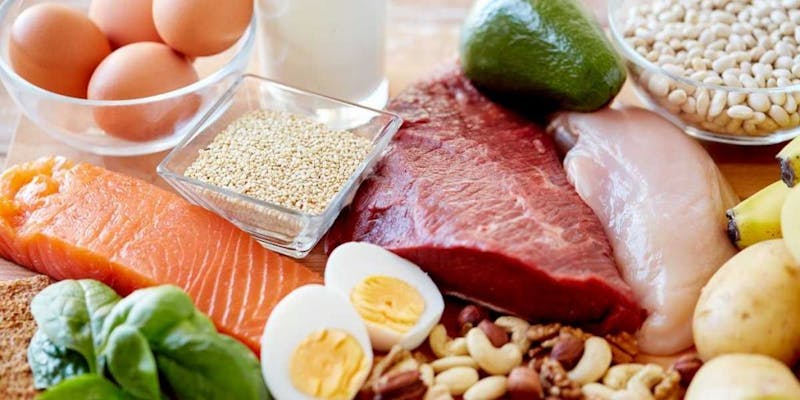
Protein for extreme weight loss
Protein for extreme weight lossHaving a quality protein powder is essential to weight loss and to help your body restore health. Getting enough protein after a weight loss surgery is a major concern to patients; this is justified as many weight loss surgical patients have issues...
View More19
Apr
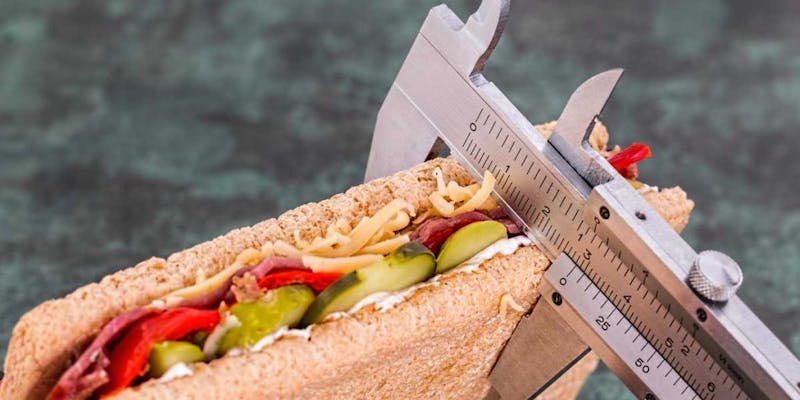
The weight of a calorie.
Farewell to counting calories! Right after surgery, most patients can have between 400 to 1,000 calories. At 3 months, it usually is between 800 to 1,000 calories. At one year, calorie intake is somewhere between 1,000 and 1,600. Daily calorie intake depends on restriction from th...
View More19
Apr

Pregnancy After Bariatric Surgery
Here are some guidelines you'll find helpful to incorporate while on your pregnancy, make sure to work with your health care provider to determine what’s right for you. Eat every 3 to 4 hours -plan for 5 to 6 small meals and/or snacks each day. Always include a protei...
View More
